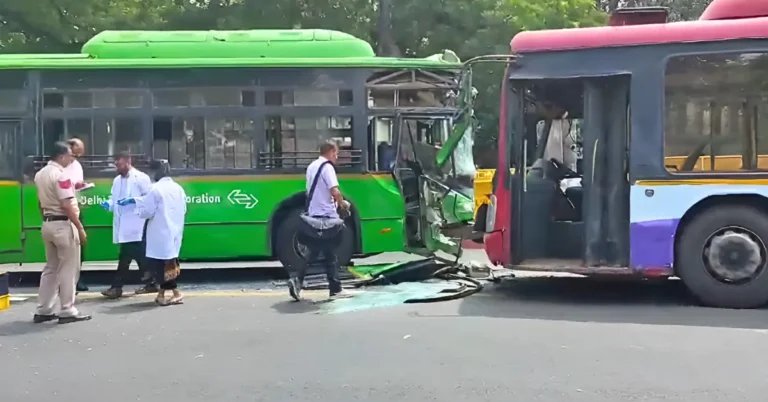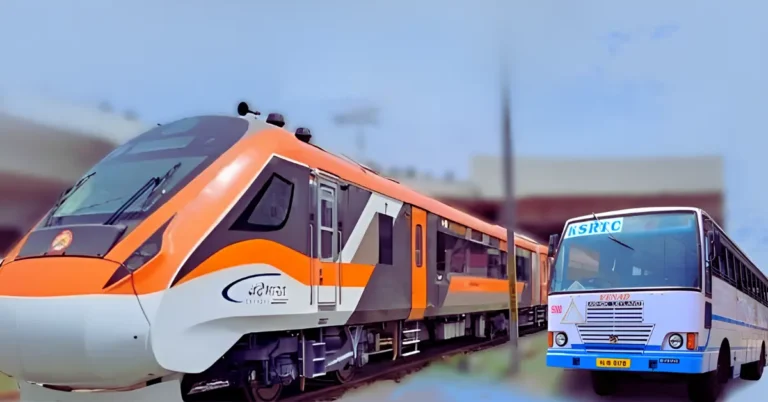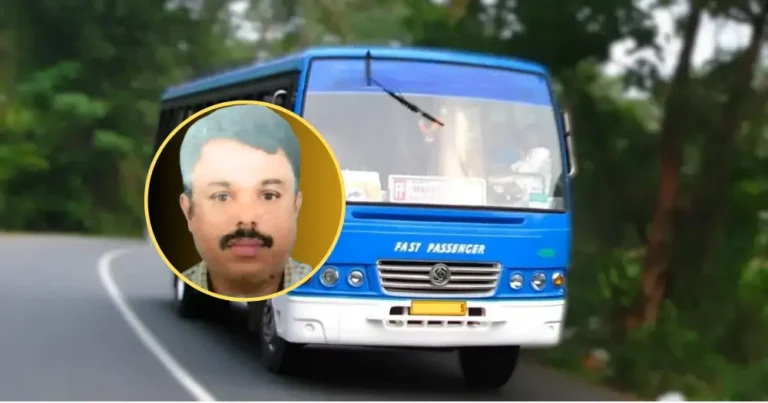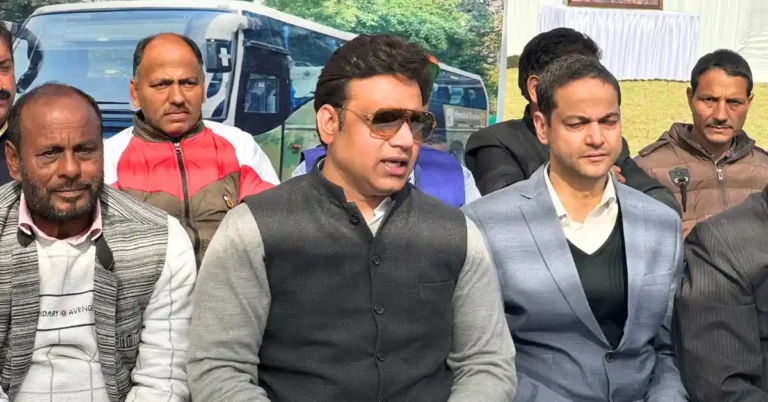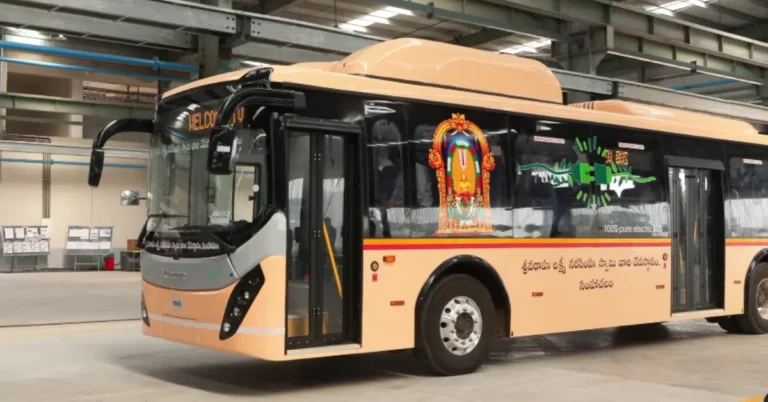India Launches PM-eBus Sewa-Payment Security Mechanism to Boost Electric Bus Adoption
The Indian Government has launched the PM-eBus Sewa-Payment Security Mechanism scheme to support the procurement and operation of electric buses by reducing risks from delayed payments. It aims to enhance financial stability for manufacturers and operators working with Public Transport Authorities.
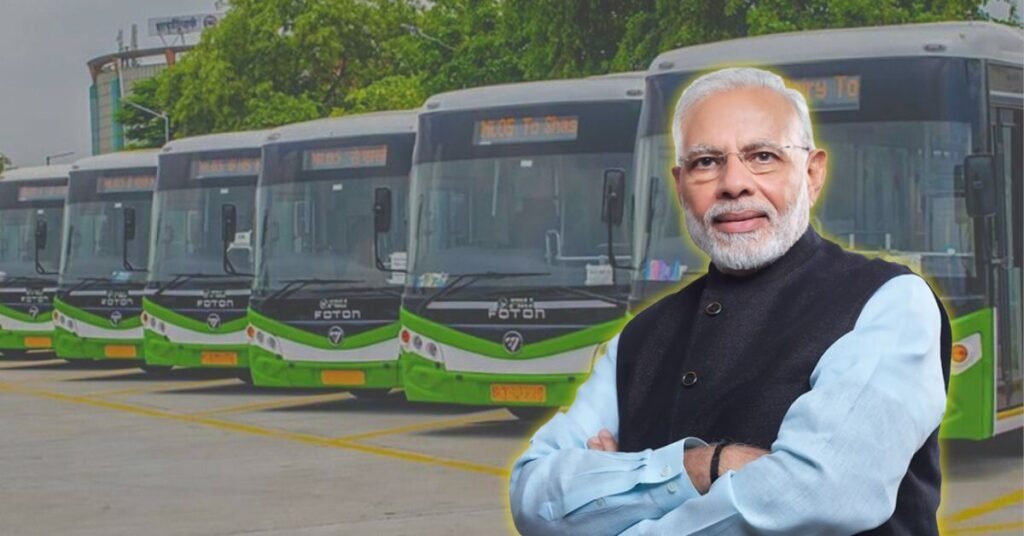
The Ministry of Heavy Industries officially launched the PM-eBus Sewa-Payment Security Mechanism (PSM) scheme on October 28, 2024. This initiative aims to support the purchase and operation of electric buses by creating a Payment Security Mechanism Fund.
The fund is designed to minimize the risks associated with delayed payments, ensuring better financial stability for manufacturers and operators working with Public Transport Authorities (PTAs).
The goal of the scheme is to provide financial security in case of payment delays and establish a system for recovering funds from state governments or Union Territories (UTs) when PTAs cannot make timely payments.
Earlier in September 2024, the Union Cabinet, chaired by Prime Minister Shri Narendra Modi, approved the PM-eBus Sewa-Payment Security Mechanism (PSM) scheme and allocated an outlay of Rs. 3,435.33 crores.
Read More: India’s First Payment Security Mechanism Tender for E-Buses to Be Issued Soon
Key Objectives of the PM-eBus Sewa-Payment Security Mechanism Scheme
The PM-eBus Sewa-Payment Security Mechanism scheme focuses on several key objectives:
- Ensuring timely payments to operators.
- Supporting the adoption of electric bus technology.
- Building capacity and enhancing skills for PTAs.
- Aiming for the deployment of at least 38,000 electric buses under government programs.
Also Read: PM E-DRIVE Scheme to Roll Out 14,028 Electric Buses
Eligibility Criteria for PTAs
To qualify for the scheme, PTAs must follow specific guidelines:
- They should adopt the Gross Cost Contract (GCC) model for acquiring electric buses.
- Alternatively, they can use a similar model approved by the steering committee.
PTAs also need to have a Direct Debit Mandate (DDM) with the Reserve Bank of India, committing to replenish the scheme fund if necessary. They can purchase buses through Convergence Energy Services Limited (CESL), and independent procurements must receive approval from the steering committee.
Original Equipment Manufacturers (OEMs) and operators that meet these criteria and have concession agreements with eligible PTAs can benefit from the PM-eBus Sewa-Payment Security Mechanism scheme.
Each bus will have payment security coverage for up to 12 years, with a total funding of ₹3,435.33 crore.
Also Read: Ashok Leyland will Supply 500 Electric Buses to Chennai MTC
Accessing the Scheme Fund
To utilize the scheme fund, PTAs must establish an escrow account to manage payments for invoices from OEMs and operators. If there are insufficient funds that lead to delayed payments, the PTA will be considered in default.
This allows operators to request assistance from CESL to activate the Payment Security Mechanism.
CESL will oversee a digital platform for processing these requests, ensuring that operators have a secure way to access funds during payment delays.
Once a request is approved, CESL will transfer the necessary funds to the escrow account. PTAs must repay any funds accessed within 90 days, along with a late payment surcharge if there is a delay.
The surcharge will be calculated at an annual rate of 1% in addition to the State Bank of India’s three-year Marginal Cost of Funds-Based Lending Rate.
Also Read: Electric Double-Decker Bus in Indore to Start Service Soon
Repayment Mechanism and Financial Sustainability
If PTAs fail to repay the funds on time, CESL will notify the Reserve Bank of India to activate the Direct Debit Mandate.
This allows the RBI to withdraw the necessary amount from the respective state or UT account, ensuring that the scheme fund remains sustainable and continues to support OEMs and operators.
CESL is responsible for implementing the scheme and will provide detailed guidelines to ensure all parties adhere to the procedures efficiently.
Overall, this initiative aims to create a reliable payment structure for electric bus operations, promoting a shift towards sustainable transportation across India.
Catch the latest Bus Industry updates, Exclusive Interviews, Bus News, and International Bus News on Coach Builders India. Download the latest issue of the The Bus Insider magazine for more insights.

